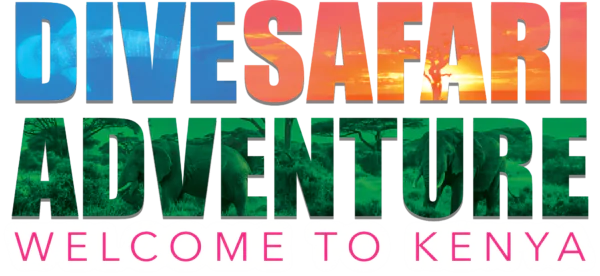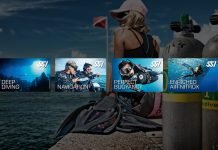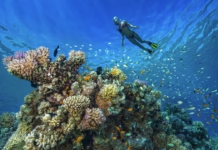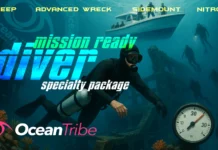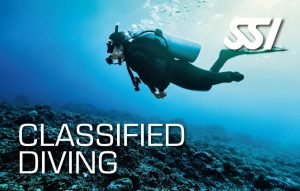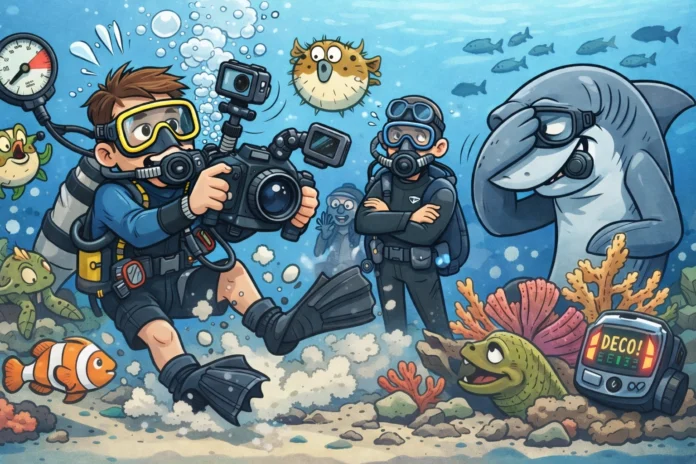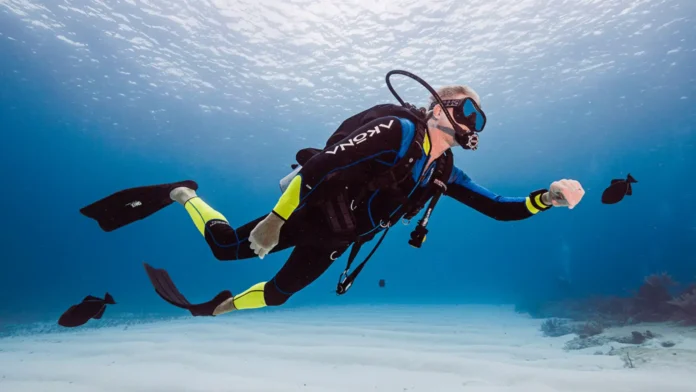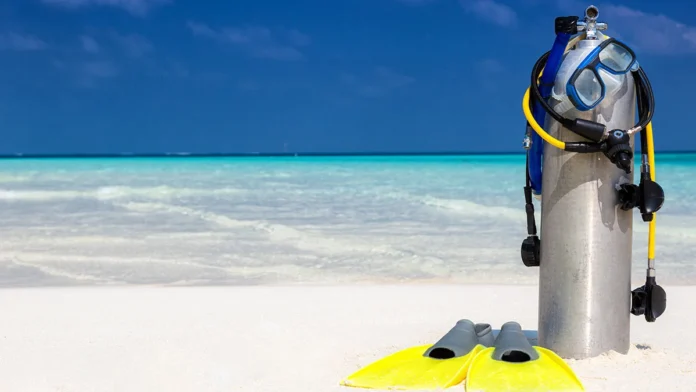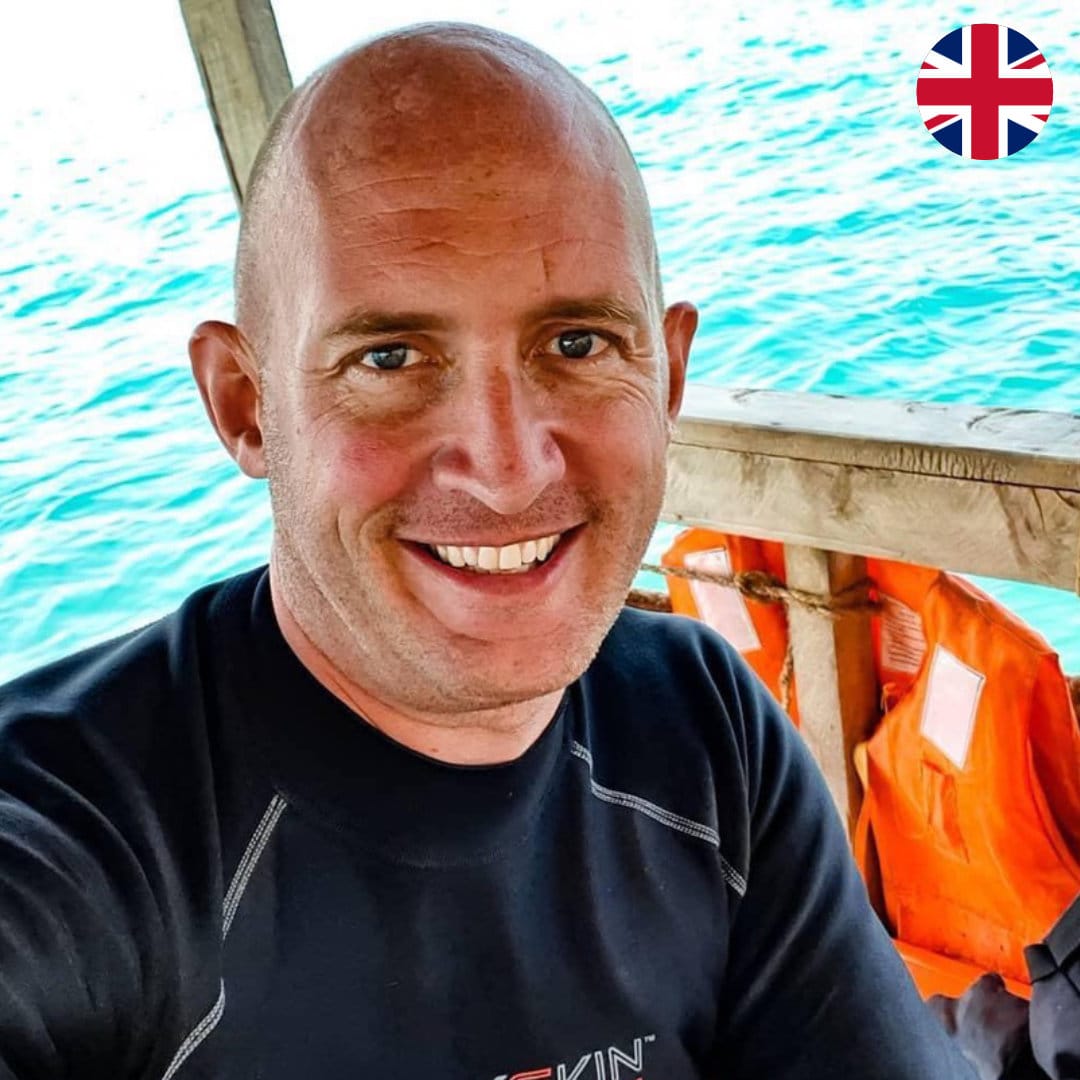Becoming a Divemaster is one of the biggest steps in your scuba diving journey. It’s the point where you go from being a passionate diver to becoming a true dive professional. If you’ve ever dreamed of working underwater, guiding dives, or starting a career in the diving industry, this is where it begins. Here are the key things you need to know about becoming a Divemaster.
What Does a Divemaster Actually Do?
A Divemaster (DM) is the first professional level in scuba diving. You’ll learn to supervise certified divers, assist instructors with courses, and help beginners discover the ocean safely. You become the bridge between fun diving and teaching — leading groups, planning dives, checking conditions, and making sure everyone enjoys a safe and memorable experience.
At Ocean Tribe, our Divemaster interns are part of the daily diving operation from day one. You’ll help prepare boats, set up gear, guide certified divers, and gain real hands-on experience in how a dive centre runs.
The Training: More Than Just Diving
Divemaster training is about far more than improving your dive skills. You’ll build leadership abilities, learn to handle dive logistics, and sharpen your rescue techniques. You’ll also gain confidence in problem-solving, team management, and communication — all essential in becoming a professional.
The SSI Divemaster course at Ocean Tribe includes:
- Advanced water skills and stamina training
- Dive planning and environmental awareness
- Supervised leadership and guiding experience
- Real-life practice with guests and courses
- Optional workshops in equipment, marketing, and compressor operations
It’s a demanding but incredibly rewarding program that prepares you for a lifelong adventure in diving.
How Long Does It Take to Become a Divemaster?
This depends on your starting point and availability. Some do it as an intensive 6-week internship, while others spread it out over a few months. At Ocean Tribe, we tailor the Divemaster Internship to your pace — from “Bare Bones” to full “Pro Pack” career pathways — whether you’re starting from Open Water or already Rescue certified.
What Qualifications Do You Need?
To begin your Divemaster course, you’ll need:
- A minimum of 40 logged dives (60 by the time you’re certified)
- SSI Advanced Adventurer (or equivalent)
- SSI Stress & Rescue Diver (or equivalent)
- Current first aid and CPR certification
If you’re missing any of these, you can include them in a complete Dive Career Package and progress all the way from beginner to pro in one continuous program.
What About Job Opportunities?
Once you’re certified, the world opens up. Dive resorts, liveaboards, and training centres are always looking for skilled Divemasters. Many use this qualification to work in dream destinations, travel the world, or take the next step to becoming an Instructor.
At Ocean Tribe, many of our Divemaster graduates go on to join our Instructor Training Courses in Diani, Kenya — combining diving with travel, safari adventures, and real-world experience in one of East Africa’s best dive destinations.
How Much Does It Cost to Become a Divemaster?
Costs vary between regions and training agencies. At Ocean Tribe, our Divemaster internships are designed to fit different budgets, with options that include training, equipment, and unlimited diving. You can even join as part of a longer-term Instructor Internship to save on overall costs and build your full career path.
Why Do It in Kenya?
Diani Beach is one of the most beautiful and relaxed dive destinations in the world. Warm water, healthy coral reefs, turtles, dolphins, wrecks, and drift dives — all within minutes of shore. On land, you’ve got white-sand beaches, wildlife safaris, and vibrant coastal culture. Training here gives you not just certification, but adventure.
Final Thoughts
Becoming a Divemaster isn’t just another dive course — it’s a lifestyle change. You’ll gain new confidence, meet incredible people, and turn your love of the ocean into a profession. Whether you want to work in diving full-time or simply become a more capable, respected diver, it’s one of the most fulfilling paths you can take underwater.

